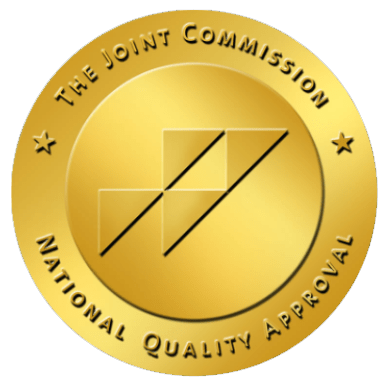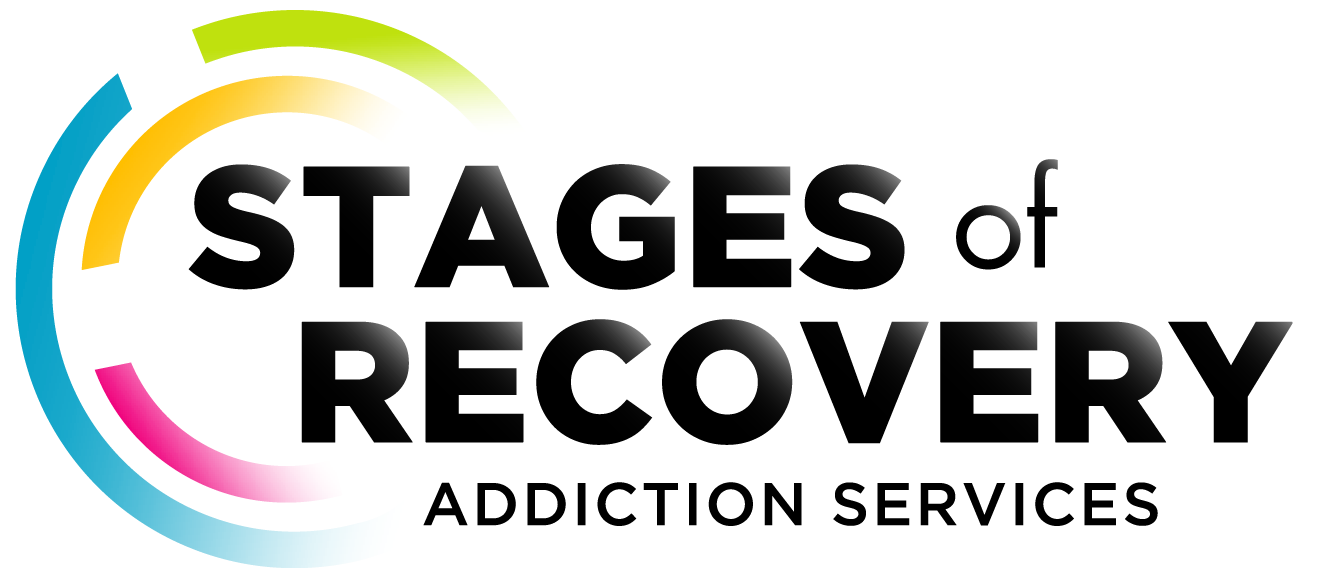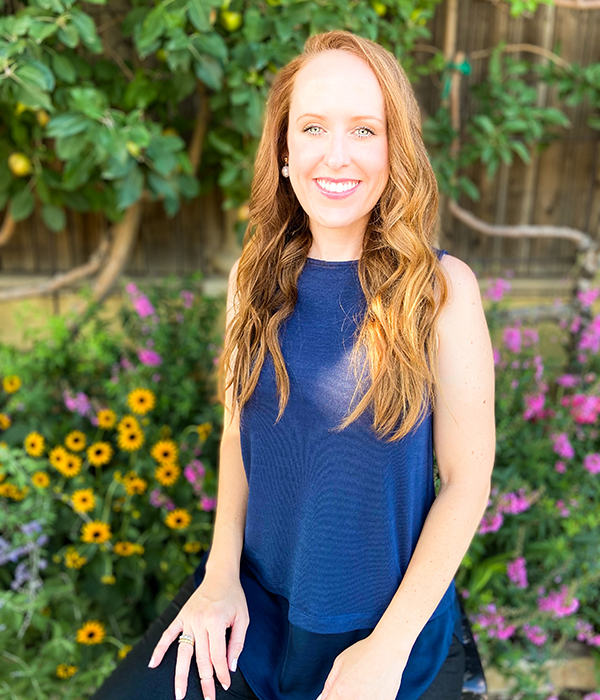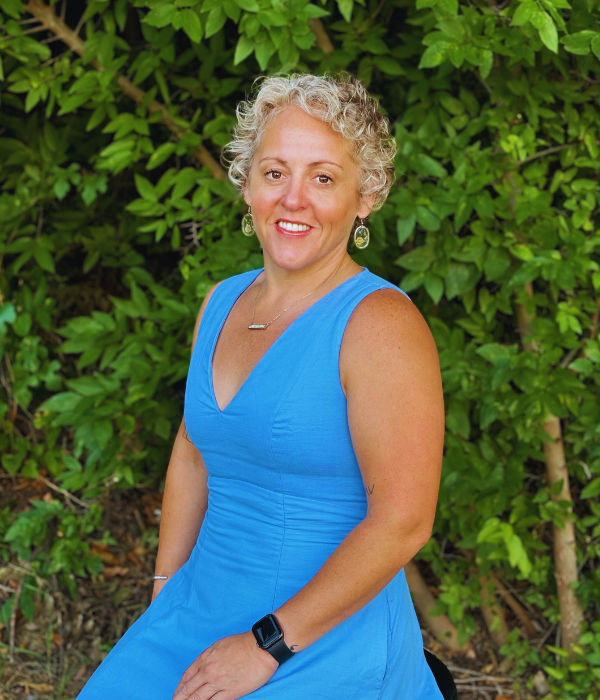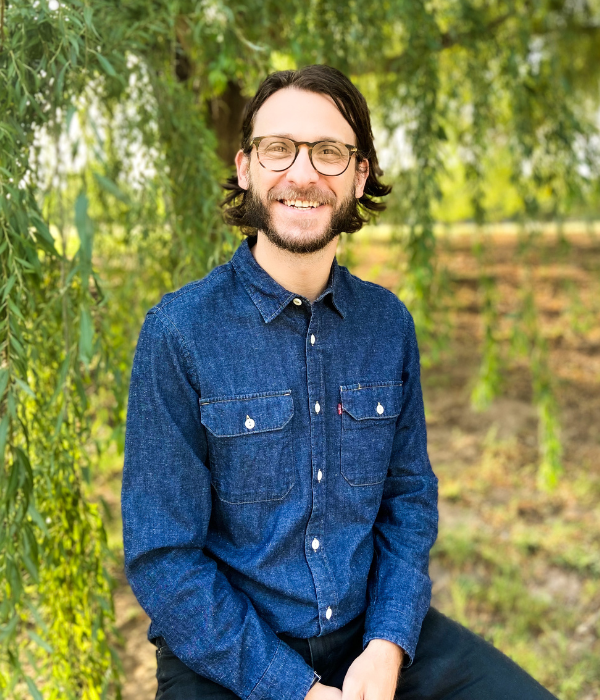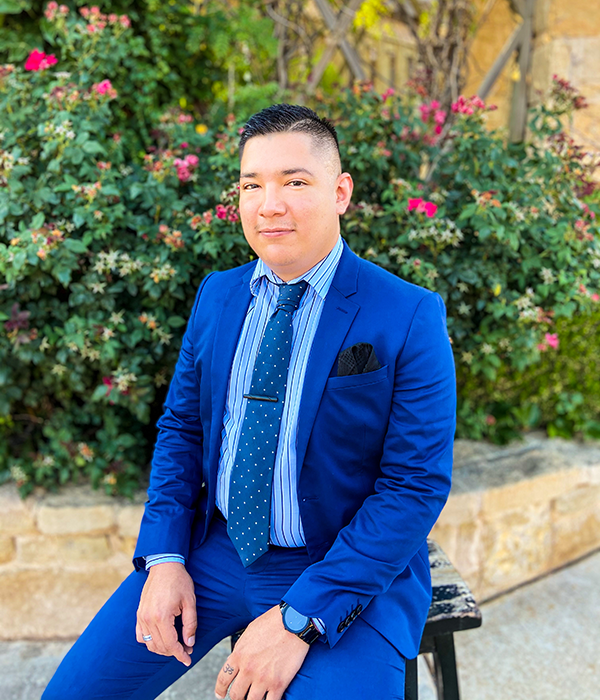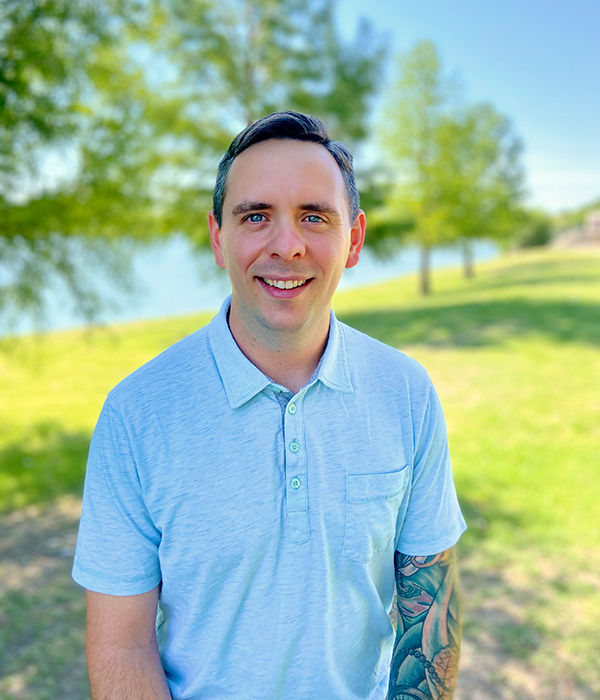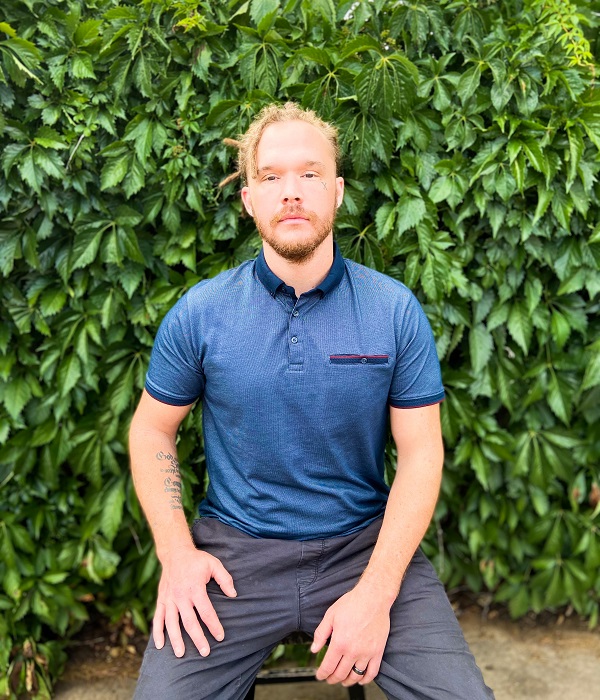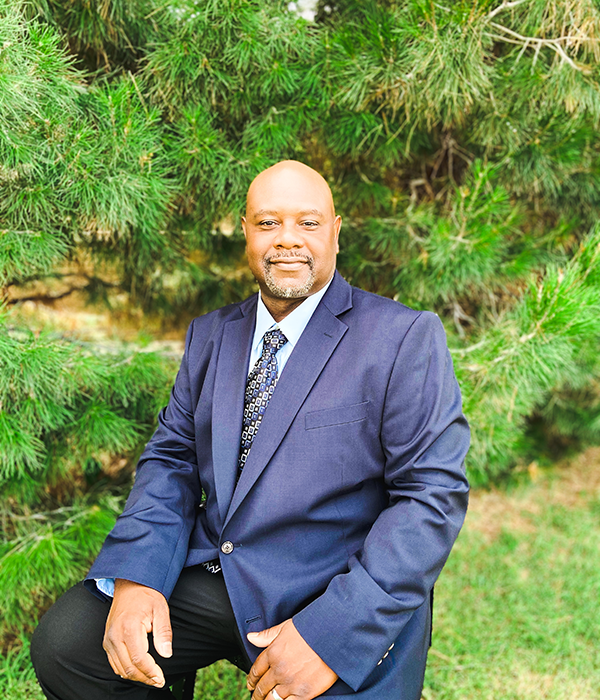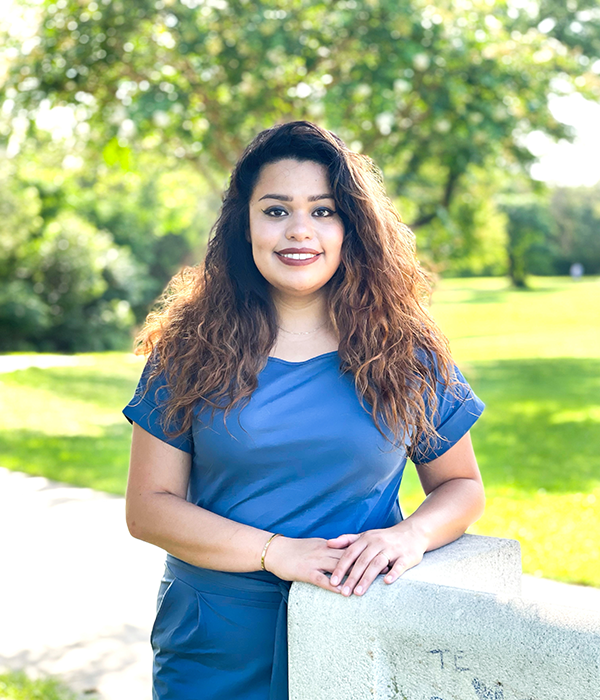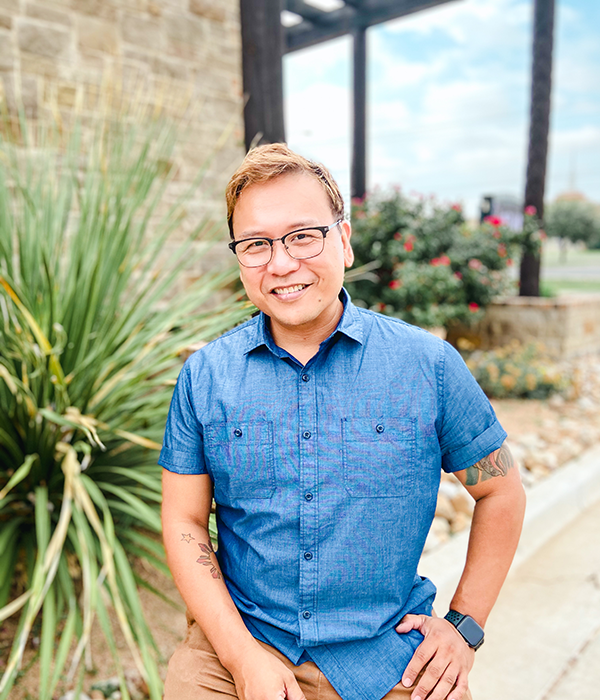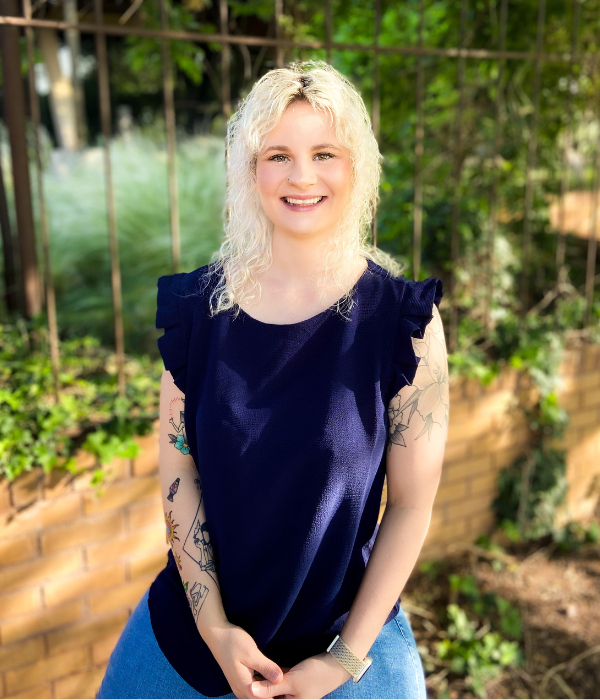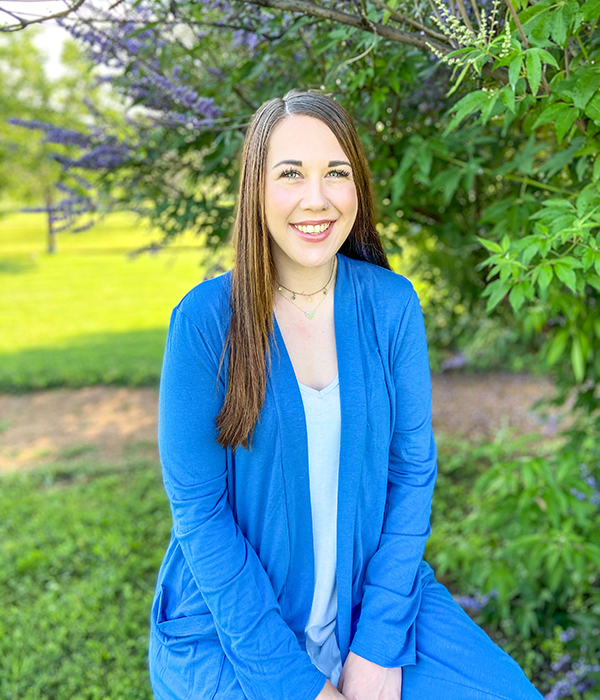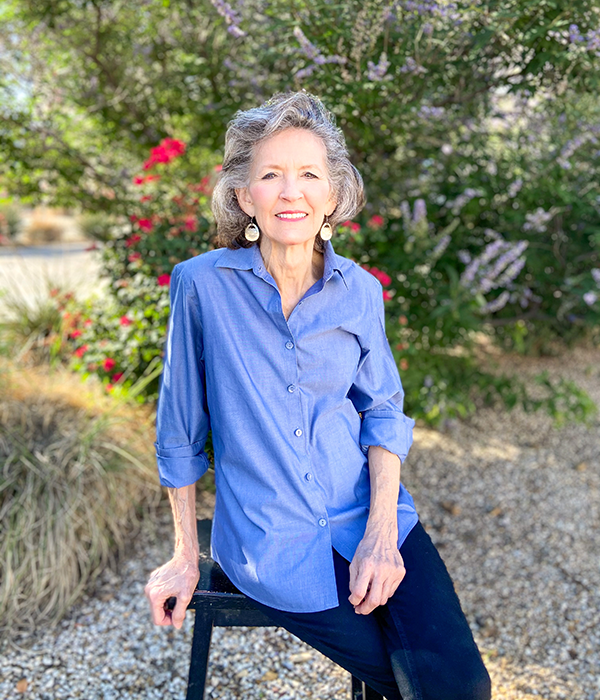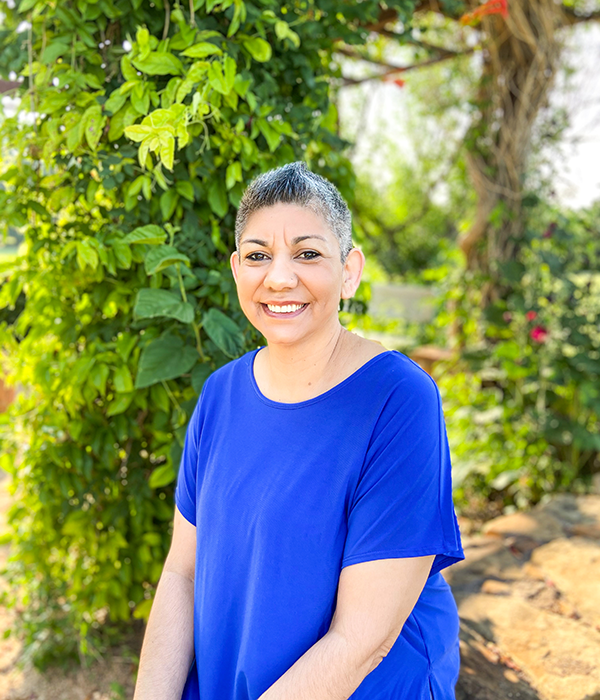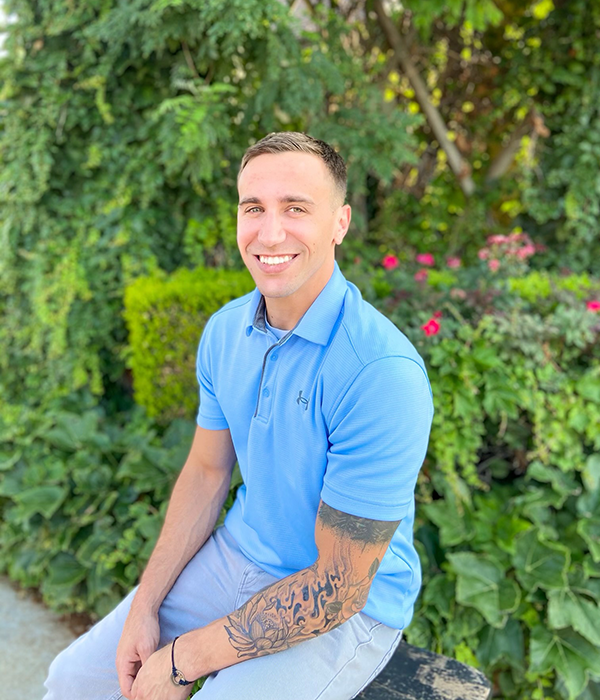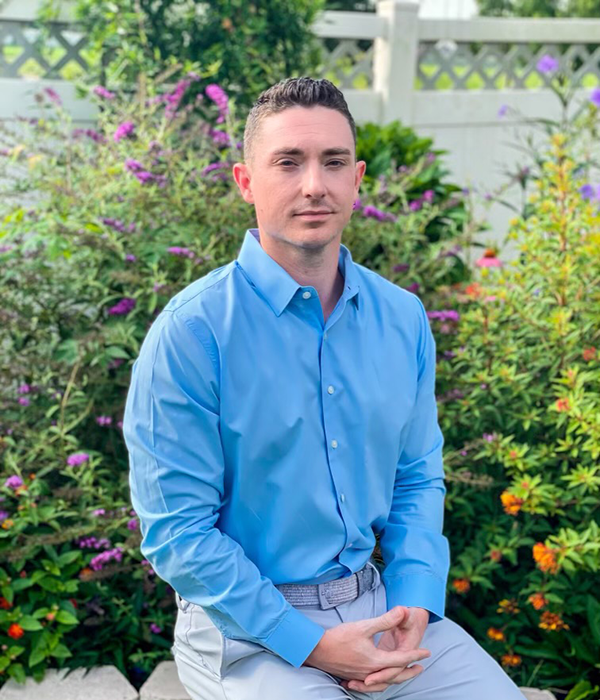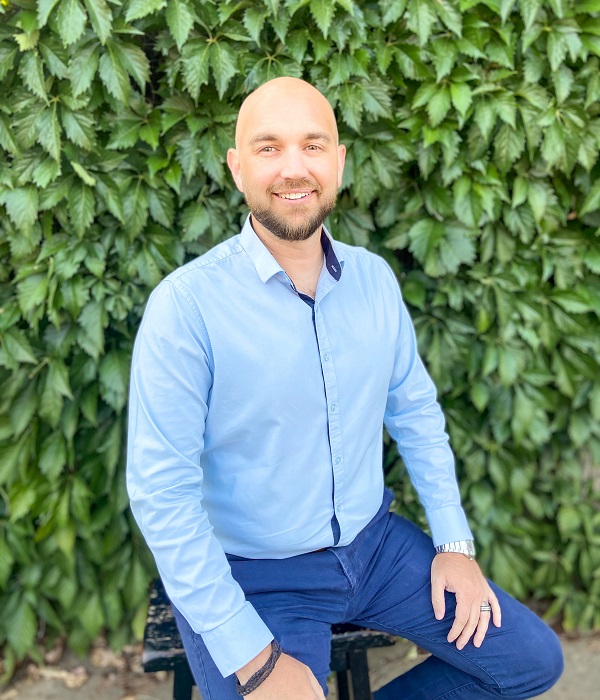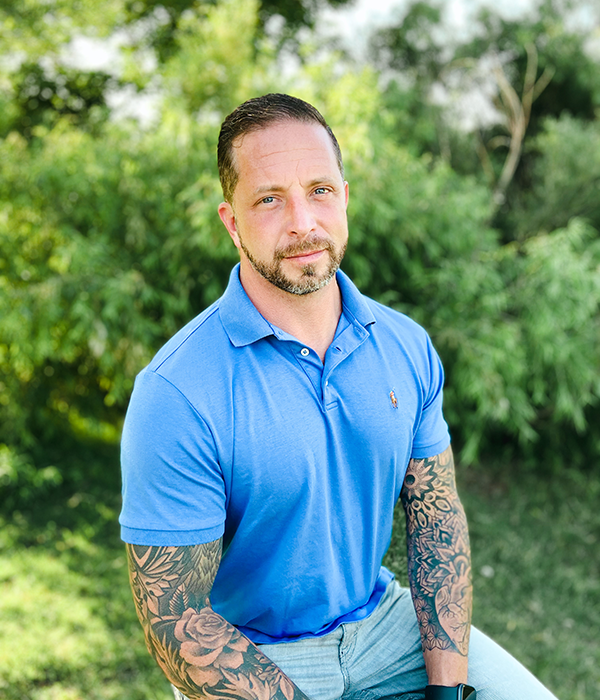The experience of abuse in relationships was a pattern throughout my life. Active addiction and other untreated mental illnesses—as well as the accompanying dysfunction and abuse—were more familiar to me than sobriety, mental health, personal growth or serenity. In fact, those without an active addiction or untreated mental illness who had a grasp of life skills and healthy coping were honestly boring and certainly foreign to me.
It seemed I had learned to navigate in chaos. So much so, I was turned off by calm waters and now subconsciously but actively sought the drama of stormy seas. I didn’t know how to sit comfortably in peace and quiet. In fact, it terrified me. I had not learned to be accepted, loved, nurtured, supported, encouraged, valued, respected and accurately reflected.
Then, I hit age 30, and suffered a devastating panic attack which forced me to seek counseling. In the first session, I came to realize something quite profound; the person doing the most damage to myself was me. I was now an adult and no longer being involuntarily subjected to abuse, addiction, dysfunction and chaos by adults, entrusted with my care and responsible for my emotional and physical safety. Instead, I was now knowingly subjecting myself to all those things. My relationship with myself had become the most abusive, and that’s the relationship on which I needed to focus—the one I needed to change.
I was fortunate enough to have an amazing counselor who suggested I envision a 5-year-old child sitting next to me. She told me to imagine that child constantly with me, and in every situation, ask myself, “Should this child be hearing or seeing this? Should this child be treated this way?” If the answer was no, it meant I needed to walk away. But it wasn’t just others who posed a threat. I had become my own worst enemy—my own abusive parent to the child within me.
I neglected my own emotional needs, starved myself in an effort to be pretty, physically beat myself up by running and working out constantly, criticized myself relentlessly, and so on. I had learned to abuse myself as others abused me and, therefore, continued to seek abusive, addicted and unavailable people because it was all I knew, until I learned something different in counseling.
